
Understanding Tenant Rights and Responsibilities: A Guide for Property Managers
In property management, it is essential to be thoroughly aware of tenants’ rights and obligations. This information promotes amicable relationships and reduces the likelihood of legal conflicts. Let’s examine the specifics of these rights and obligations to assist property managers in better and more effectively navigating this complex environment.
Fundamentals of Tenant’s Rights
An essential tenant-right is privacy. Renters are entitled to live in tranquility and free from needless interference. Landlords and property managers must follow this rule to avoid making unnecessary or excessive admissions into the rented space. However, this isn’t always the case; emergencies, scheduled maintenance visits, and regulatory inspections should all be planned after the renter has been adequately informed.
Despite these rights, property managers may legally need to initiate eviction proceedings if a tenant continually violates their lease agreement. But this, too, must follow due process and responsible management using an approved notice of eviction template at Lawrina. This outlines the cause for eviction, the corrective course of action, if any, and a specified timeline for compliance or departure from the premises.
Lawrina is an excellent legal resource. It offers a variety of legal templates and guidance to simplify sometimes convoluted legal procedures. Their template for eviction notices helps expedite the process while guaranteeing that it is conducted lawfully and keeping the interests of renters and property managers front and center. It describes why the renter was evicted, what remedies are open, and when they must comply or leave the property.
Tenant’s Responsibilities
Tenants have obligations to uphold in addition to their rights. According to the lease agreement, one of the most important duties is to pay the rent on time. This guarantees a cordial working relationship between the property management and the tenant.
Secondly, a tenant must maintain cleanliness and show respect for the property. This includes daily cleaning and avoiding actions that could damage the property.
Promptly reporting necessary repairs and damages to the property manager is equally essential. A small leak can quickly become a significant problem if not addressed promptly.
Lastly, the tenant must comply with all the terms and conditions delineated in the rental agreement. Non-compliance can result in undesirable consequences, including eviction.
The Importance of Property Managers Knowing Tenants’ Rights and Responsibilities
Understanding tenant rights and responsibilities as a property manager is crucial for several reasons:
- Conflict Resolution: This knowledge can help mitigate potential conflicts between you and your tenants. Solving issues is much easier when both parties understand their roles and responsibilities.
- Effective Management: Being well-versed in these areas can help you manage the property effectively. It allows you to anticipate and swiftly and efficiently deal with tenancy situations.
- Legal Compliance: Knowledge of tenant rights and responsibilities ensures ycompliancewith all relevant laws and regulations., reducingthe chances of legal disputes or penalties.
- Positive Tenant-Manager Relationships: Understanding and respecting tenant rights can significantly enhance tenant-manager relationships, fostering a sense of trust and cooperation.
- Fair Practices: Awareness of these rights assists in enforcing fair practices and developing your reputation as a firm but fair property manager.
- Preparedness for Difficult Situations: If a tenant continually violates their lease agreement, understanding the correct procedure, such as using an approved notice of eviction template, prepares you to handle these situations much better.
Remember, a property manager’s role extends beyond property maintenance. It is about cultivating a thriving community and creating a win-win scenario for all involved.
How Property Managers Can Ensure Tenant’s Rights Are Respected
As a property manager, you are responsible for ensuring that tenants live in a safe and sanitary environment. Regular inspections should identify any safety hazards or repairs that may be needed.
Respecting the tenant’s privacy is paramount. This requires developing an open dialog and providing written notices before any inspection or entering the premises.
Observance of Tenant’s Responsibilities: Role of Property Managers
Property managers are primarily responsible for enforcing tenant responsibilities. They must do so impartially and by the lease conditions.
Reminding tenants routinely about their responsibilities, especially timely rent payments and property care, can significantly reduce potential conflicts.
A property manager might need to consider eviction if a tenant repeatedly fails to fulfill their responsibilities. However, this must be done lawfully, following local and state regulations and using an approved notice of eviction template.
Conclusion
Understanding and enforcing tenant rights and responsibilities is fundamental to property management. It creates a mutually beneficial relationship and a thriving rental community. By nurturing open communication and respecting tenants’ rights while ensuring they meet their responsibilities, property managers can set the foundation for a successful rental management process.
As a property manager, you should familiarize yourself with all state and local regulations concerning tenant rights and responsibilities to navigate any challenges effectively and lawfully.
Your journey in effective property management begins today. Happy managing!


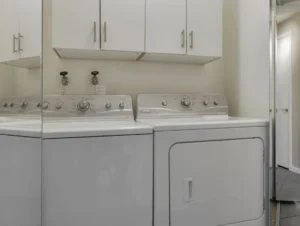
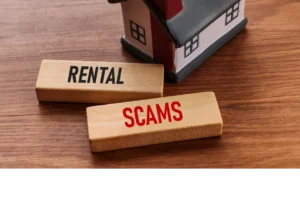

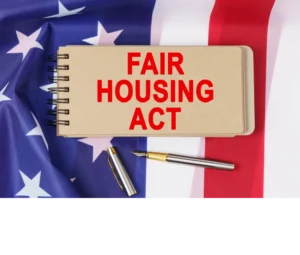
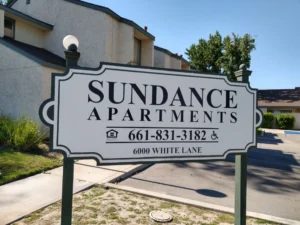

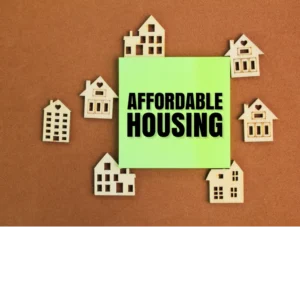




 Accessibility
Accessibility